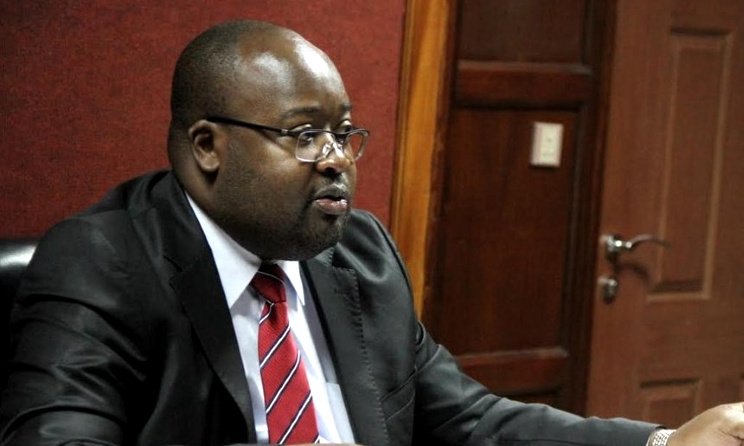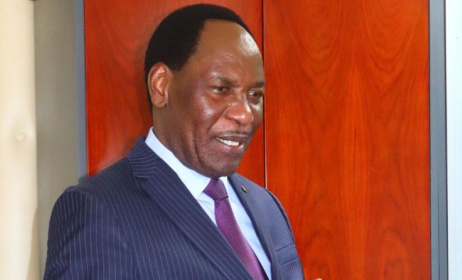Kenya’s MCSK says it won’t stop collecting royalties
The Music Copyright Society of Kenya (MCSK) could be charged with contempt of court by the Kenya Copyright Board (KECOBO).
 High court judge David Majanja. PHOTO: The Star
High court judge David Majanja. PHOTO: The Star
This development comes after local media reported on Wednesday last week that four suspects masquerading as officials from the MCSK were apprehended by officials from the Kenya Film and Classification Board (KFCB) for extorting money from motorists. The four were taken to Nyali Police Station in Mombasa.
However, MCSK CEO Merit Simiyu told Music In Africa that the four suspects were employees working at the society’s branch office in Mombasa.
“What happened was that we were doing an operation and some people came there to interrupt the operations,” Simiyu said. “So we ended up going to the police station after which we immediately took the matter to court and the reason for this was because we have members who have given us the mandate to collect on their behalf.”
In July last year, high court judge David Majanja barred the MCSK from operating as a collective management organisation (CMO) under Section 46(1) of the Copyright Act, which states that “no person or association of persons shall commence the business of a copyright collecting society except under or in accordance with a certificate of registration granted under this section".
It is for this reason that KECOBO deputy chief legal counsel Sharon Wata says that MCSK risks being charged with contempt of court if it continues to collect royalties.
“They are not at liberty to collect royalties without a licence from us,” she said. “This is because we have already licensed the Music Publishers Association of Kenya (MPAKE) to collect royalties on behalf of authors, composers and publishers in 2017 and 2018."
But Simiyu says the MCSK has the privileges of a stay order, which gives the society the right to collect royalties until the matter is resolved in court.
“As you are aware, we have a case with KECOBO that is coming up as a mention in court next week on 4 April,” he said last week. “So until then we are in possession of stay orders that we are using to collect royalties.”
Generally, licenced CMOs are mandated to manage the rights that cannot be administered by individuals part of which is collection of royalties and distribution of their literary materials.
Meanwhile, KECOBO has tabled a copyright amendment bill that is in the National Assembly awaiting a third reading before it is assented into law. If passed, it will see copyright lawbreakers face up to five years in jail.



































Comments
Log in or register to post comments